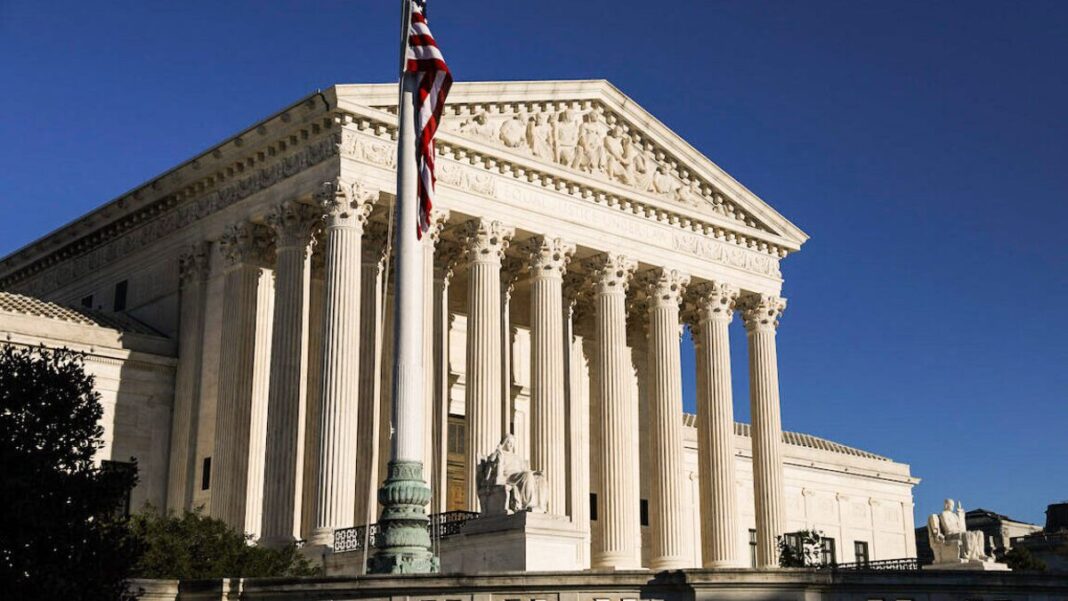A recent study from Israel presents evidence that mRNA COVID-19 vaccines are negatively affecting men’s fertility, at least temporarily.
The study, “Covid-19 vaccination BNT162b2 temporarily impairs semen concentration and total motile count among semen donors,” is so new that even though it has been accepted by the journal Andrology and peer-reviewed, it has not yet been typeset or proofread.
Researchers from three medical centers in and around Tel Aviv, Israel, studied the effects of two doses of the Pfizer COVID-19 vaccine on 37 sperm donors.
A baseline was obtained by analyzing one or two samples donated by each subject prior to receiving the vaccine.
Then one to three subsequent donations were allocated to three different groups depending on how long after vaccination completion the donation was made. “Vaccination completion,” for the purpose of the study, was defined as seven days after the second dose of vaccine.
The time periods studied were 15–45 days, 75–120 days, and over 150 days after vaccination completion.
Reduction in Viable Sperm
The scientists analyzed a total of 220 samples. They found a statistically significant reduction in both sperm concentration and the total number of viable sperm in the period from 75 to 100 days after vaccination.
The donors’ sperm concentration was reduced by 15.1 percent, or a reduction of 12 million sperm per milliliter; and the total “motile count” was reduced by 22.1 percent, corresponding to an overall reduction of 31 million viable sperm.
These results appear to conflict with earlier studies that have indicated either no statistically significant effect on sperm parameters after vaccination or, as one study implausibly found, improved sperm quality.
These earlier studies, however, did not include medium- and longer-term analyses that were part of the new study.
Sperm Recovery? Maybe Not
The authors found that the samples taken after more than 150 days post-vaccination indicate that sperm “recovery” had occurred.
By Jennifer Margulis and Joe Wang





